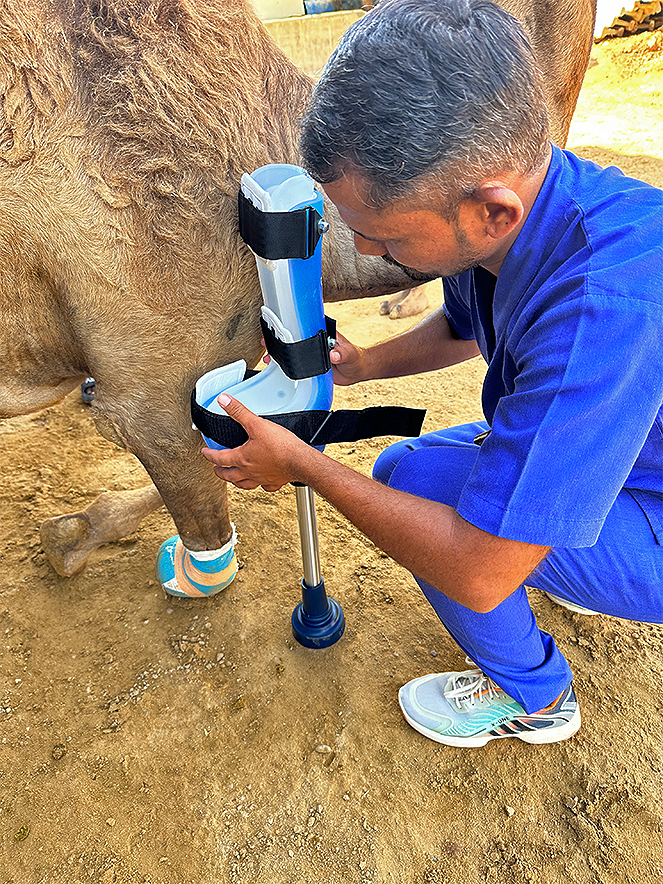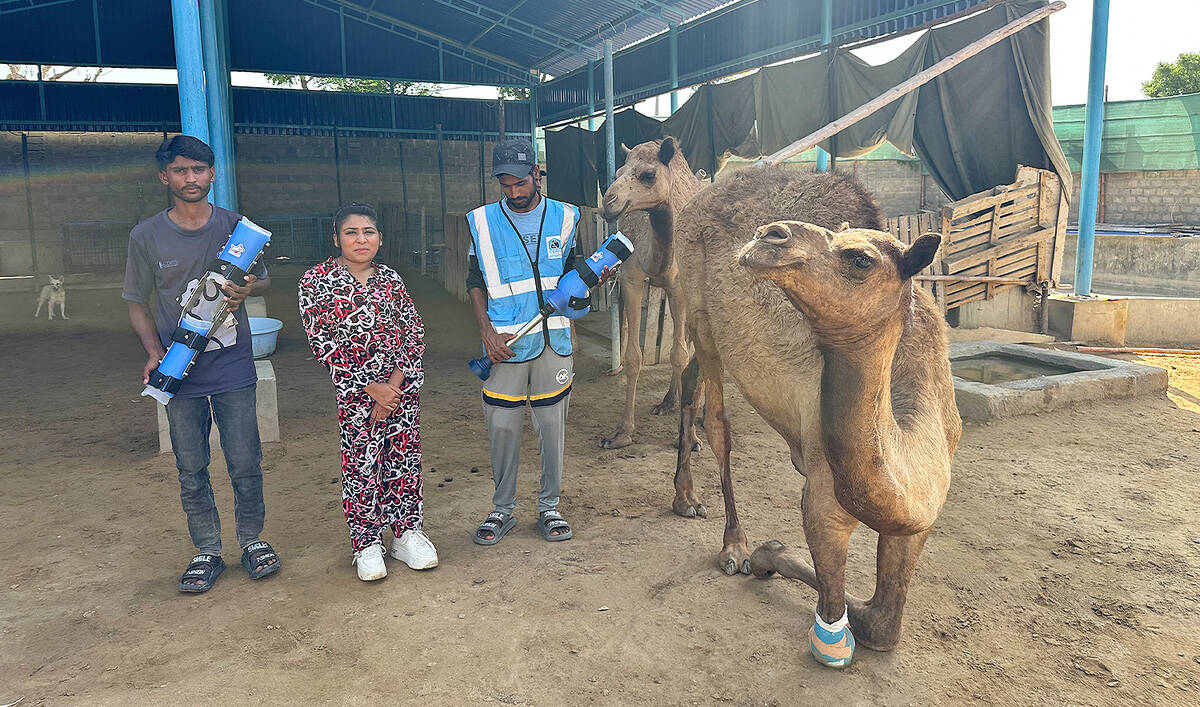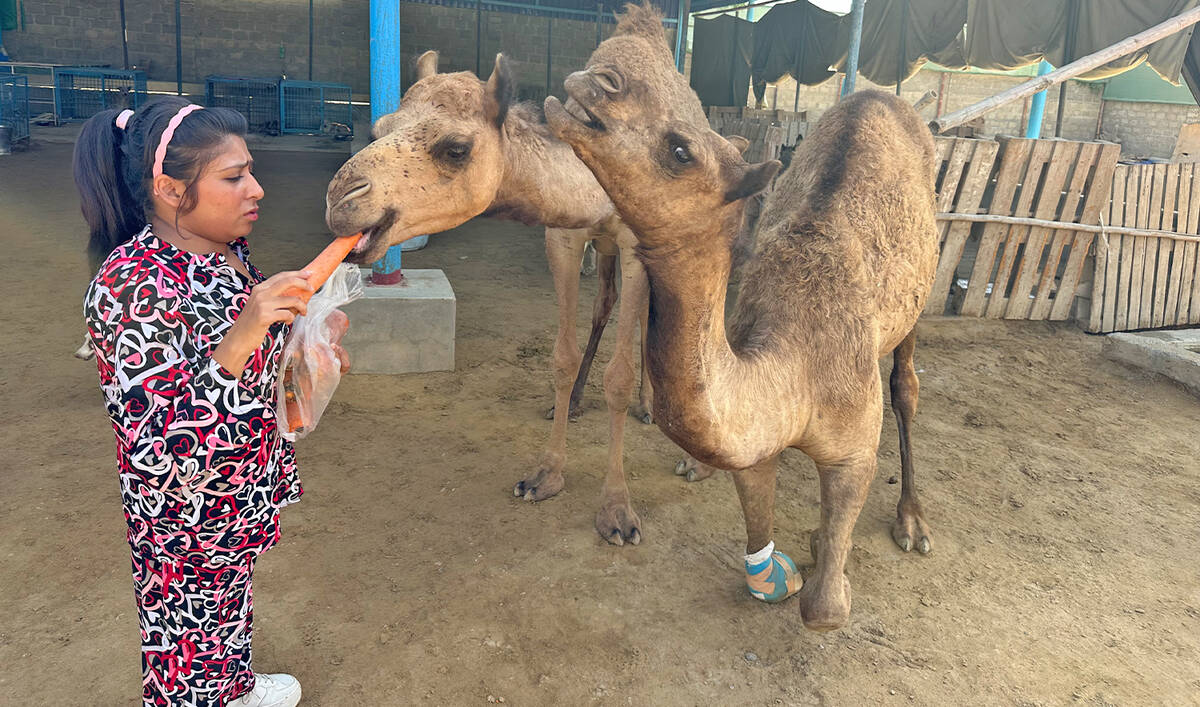SKARDU/KARACHI: A senior minister in Pakistan’s northern Gilgit-Baltistan region was set free late last night after “successful” negotiations with militants, a top government official said on Saturday, adding the talks were facilitated by local clerics.
Abaidullah Baig was traveling from Islamabad to Gilgit city, when he was abducted near Babusar Top — a mountain pass connecting the northwestern Khyber Pakhtunkhwa province with the country’s north — where militants had blocked the road and left tourists stranded.
“He [Baig] is back. And road [is] open,” Gilgit-Baltistan Chief Secretary Mohyuddin Ahmad Wani told Arab News.
He said the minister was set free “unconditionally” as a result of “successful negotiations through local ulemas.”
A police official in Chilas city of the northern region said the minister was released late last night.
“The minister has been released at around 3am today as a result of successful negotiations,” Muhammad Alamgir, station house officer (SHO) of Jal area in Diamer district told Arab News.
“A local jirga comprising clerics and officials negotiated with the militant group.”
Alamgir said the road was blocked at 2pm on Friday by a group of protesters, led by militant commander Habibur Rehman.
“They blocked the road and held the minister, Col (retired) Abaidullah Baig, hostage,” he said. “Their main demand was release of incarcerated prisoners from the Minawar Jail, Gilgit.”
Rehman is prime accused in the Nanga Parbat base camp attack in June 2013 that killed 11 people, including 10 foreign tourists. He was arrested later but managed to escape in a March 2015 jailbreak in Gilgit.
Faizullah Faraq, a former minister and member of the jirga that negotiated with militants, said they had kept the minister in a room to put pressure on the government.
“They thought their demands will be met, if they keep the minister for a longtime,” Faraq told Arab News, adding the Diamer deputy commissioner and superintendent of police were part of the negotiations too.
Ziaullah Thakvi, another Jirga member, said around 200 militants, mostly from outside Diamer district, had blocked the road, which left tourists from European countries among others stranded.
“Locals kept the foreigners at their homes and were all safely taken out later,” he told Arab News.
He said the militants demanded their fellows be released or moved to Diamer, and treated like other inmates.
“’We are leaving the area for ten days but if the process to meet our demands did not begin, then do not come in front of us next time’,” Ziaullah Thakvi quoted a militant commander for GB, Abdul Hameed, as telling the clerics.
Thakvi said the militants belonged to the Tehreek-e-Taliban Pakistan, also known as the Pakistani Taliban, and most of them were “outsiders.”
“I could only identify two from Diamer, one of them Habib,” he said. “All others were outsiders from KP, Punjab, Balochistan and different parts of Gilgit-Baltistan.”
Mohammad Khorasani, a TTP spokesperson, couldn’t be reached for comment, while the GB chief secretary said it was a “local group” of militants.
The TTP, a separate movement from the Afghan Taliban but closely aligned with them, has for years waged an insurgency against the government in Islamabad and carried out some of the deadliest attacks in Pakistan.
In a purported conversation with a journalist shared on YouTube, Baig could be heard saying the militants had two demands: the release of their accomplices from jail, and the enforcement of Islamic law and an end to “indecency.”
The minister could not be immediately reached for comment.



















